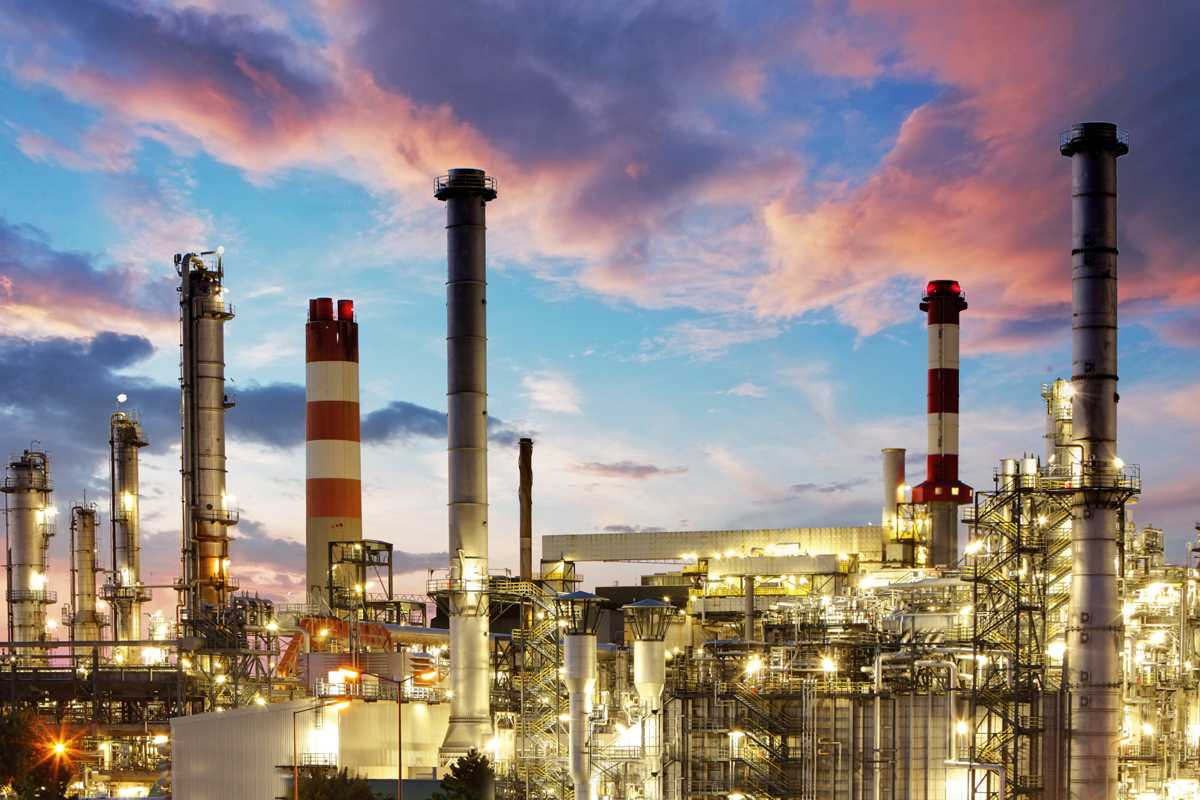Search for Course
Course Objectives:
- Lectures, tutorials and group work in all areas of refinery energy efficiency
- Real-life Case Studies that illustrate technical solutions and obtainable benefits
- Transfer of instructor’s extensive hands-on industrial experience
- Use of basic energy software tools that will be made available to participants
- Open discussion on actual problems in participant’s own refinery
Course Outline.
Introduction to Energy Efficiency; the Effect of Energy on the Bottom Line
- Energy and its Effect on Refinery Profitability
- Refinery Energy Balance
- Energy Benchmarking; Site Efficiency Assessment
- Potential for improvement
- Approach to energy saving
- Fuel, power and steam costing methodology
Energy Features of Refinery Key Process Units and how to Improve their Energy Efficiency
- Distillation: Crude Unit, Vacuum Unit
- Binary Distillation Columns
- Hydro treating, Distillate and Naphtha
- Catalytic Reforming
- Fluid Catalytic Cracking
- Hydrocracking
Refinery Utility System
- Steam Systems
- Power generation
- Steam Turbines, Cycles, Efficiencies
- Gas turbines
- Cogeneration and its benefits
- Optimisation of Steam & Power system
Process Heat Integration
- How heat integration works?
- Introduction to Pinch Technology
- Heat availability Curves and Energy Targeting
- Pinch Technology for refinery operators
- Retrofitting heat exchange networks for improved performance
- Intuitive versus Systematic Network Revamp
Equipment Efficiency; Effective Energy Management
- Fired heaters
- Rotating equipment
- Heat Exchangers
- Energy Focused Organisation
- The Energy Team
- Developing internal competence in energy
Who can benefit?
- Personnel responsible for inspection, maintenance and reliability
- Thermal and stationary equipment engineers
- Process Engineers
- Plant Engineers
- Project Engineers
- Plant energy managers/coordinators



